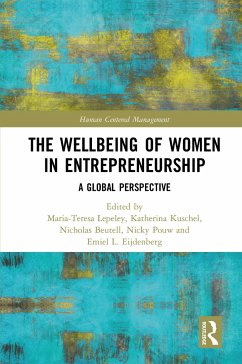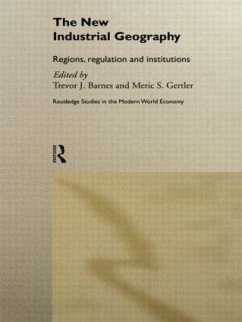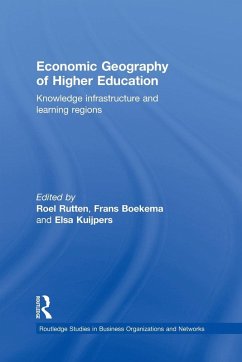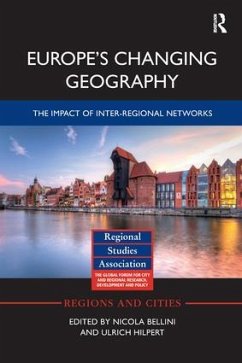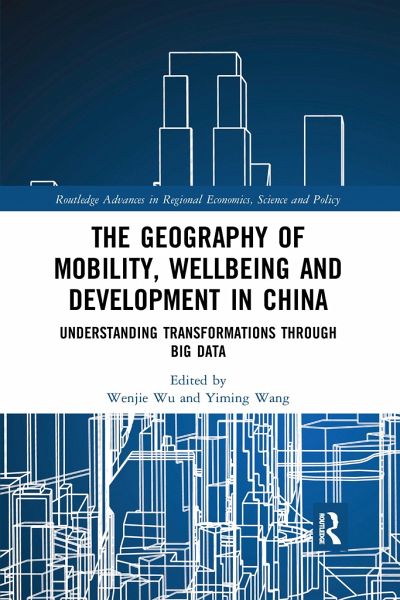
The Geography of Mobility, Wellbeing and Development in China
Understanding Transformations Through Big Data
Herausgeber: Wu, Wenjie; Wang, Yiming

PAYBACK Punkte
28 °P sammeln!
Big data is increasingly regarded as a new approach for understanding urban informatics and complex systems. Today, there is unprecedented data availability, with detailed remote-sensed data on the built environment and rich mineable web-based sources in the form of social media, web mapping, information services and other sources of unstructured "big data". This book brings together a group of international contributors to consider the geographical implications of mobility, wellbeing and development within and across Chinese cities through location-based big data perspectives. The degree of u...
Big data is increasingly regarded as a new approach for understanding urban informatics and complex systems. Today, there is unprecedented data availability, with detailed remote-sensed data on the built environment and rich mineable web-based sources in the form of social media, web mapping, information services and other sources of unstructured "big data". This book brings together a group of international contributors to consider the geographical implications of mobility, wellbeing and development within and across Chinese cities through location-based big data perspectives. The degree of urban sprawl, productive density and vibrancy can be reflected from location-based social media big data. The challenge is to identify, map and model these relationships to develop cities at different places in the urban hierarchical system that are more sustainable. This edited book aims to tackle these issues through two inter-related geographical scales: inter-city level and intra-city level. The text is designed for graduate courses in planning, geography, public policy and administration, and for international researchers who are involved in urban and regional economics and economic geography.





